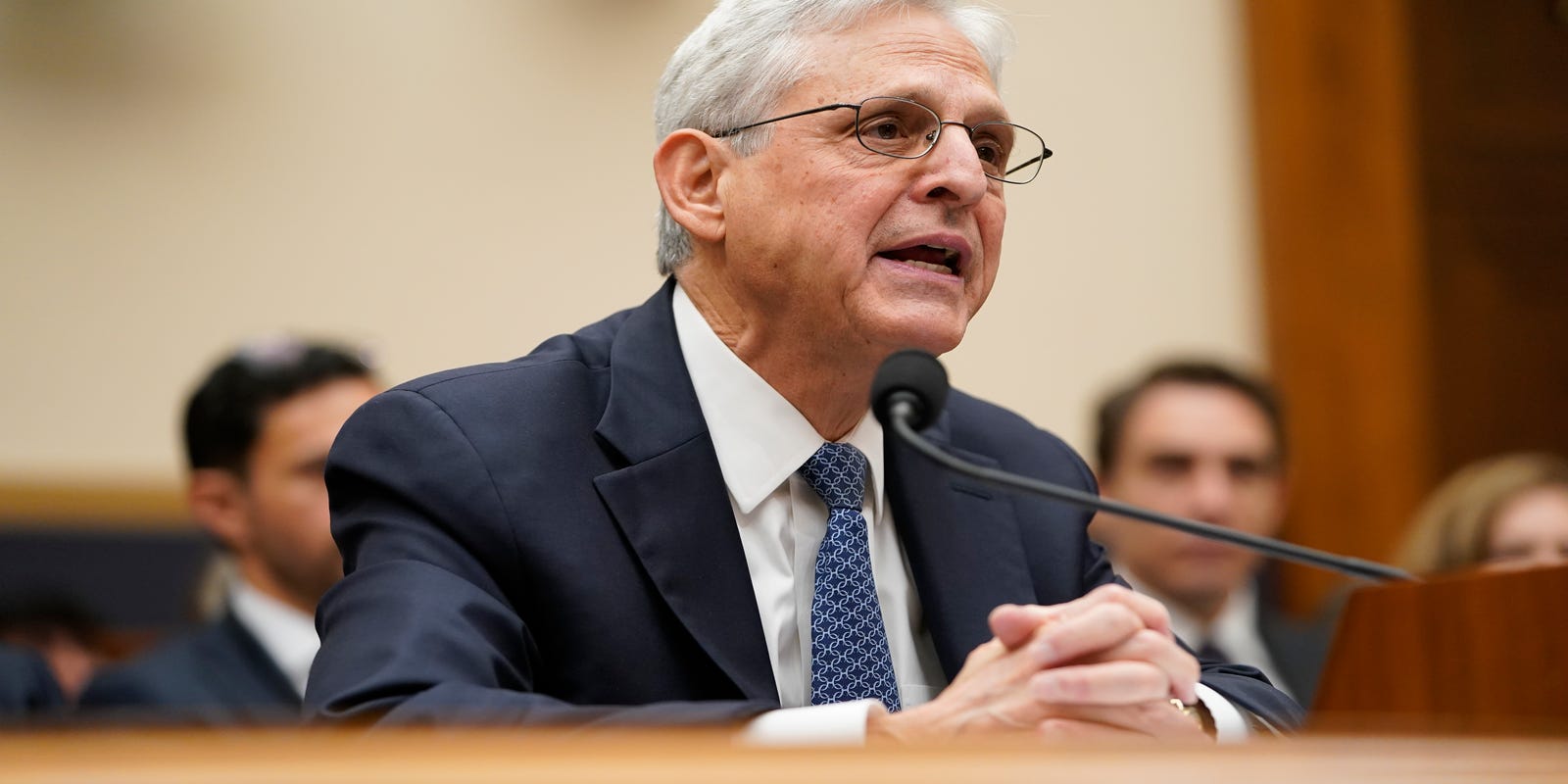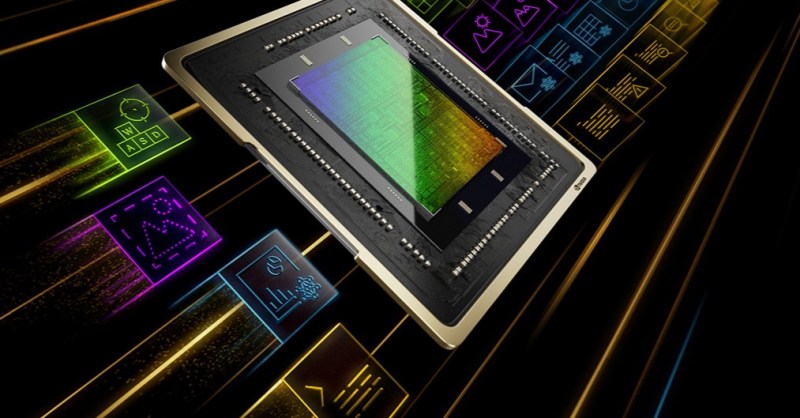- Linwei Ding, also identified as Leon Ding, a 38-year-old individual from Newark, California, has been accused of committing four counts of theft of proprietary information, specifically related to artificial intelligence (AI) materials, purportedly taken from Google.
- The charges were formally announced by Attorney General Merrick Garland, emphasizing the Justice Department’s firm stance against the illicit appropriation of cutting-edge technologies that could jeopardize national security.
In Washington, a Chinese national has been indicted for allegedly pilfering trade secrets from Google concerning AI technology, as disclosed by Attorney General Merrick Garland on Wednesday.
The accused, Linwei Ding, known alternatively as Leon Ding, faces four charges of misappropriating trade secrets. Ding, aged 38 and residing in Newark, California, was apprehended in the aforementioned location on Wednesday, coinciding with the unsealing of the indictment.
Ding stands accused of surreptitiously transferring confidential trade secrets and other sensitive data from Google’s network to his personal account, all the while maintaining undisclosed affiliations with Chinese entities.
Attorney General Merrick Garland, speaking at an American Bar Association conference on white-collar crime in San Francisco, underscored, “The Justice Department will not tolerate the theft of artificial intelligence and other advanced technologies that could put our national security at risk. In this case, we allege the defendant stole artificial intelligence-related trade secrets from Google while secretly working for two companies based in China.”
Economic Impact of Technology Theft: FBI Director’s Perspective
The FBI chief highlighted the detrimental effects of technological theft on employment opportunities and the economy at large. The Biden administration’s efforts have been directed towards impeding China’s advancements in AI and limiting its access to technology with potential military applications. In response, the Chinese foreign ministry criticized the U.S. for politicizing trade and technological matters.
Election Readiness: Explore the presidential candidates and their stances on key issues in our comprehensive Voter Guide
Criticism from Congressional Republicans has been directed at the Biden administration for perceived inadequacies in addressing China’s military provocations towards Taiwan and its data collection practices through platforms like TikTok.
Deputy Attorney General Lisa Monaco detailed that Ding is accused of absconding with over 500 confidential files containing AI-related secrets critical to the ongoing AI technology race.
Monaco stated, “The Justice Department will relentlessly pursue and hold accountable those who would siphon disruptive technologies – especially AI – for unlawful export.”
FBI Director Christopher Wray, a vocal advocate against Chinese cyber threats, emphasized the severe repercussions of American innovation theft by Chinese entities, citing potential job losses and far-reaching economic and national security implications.
Specific Allegations Against Ding
Court records reveal that Ding joined Google as a software engineer in 2019, entrusted with developing software for the company’s supercomputing data centers. He was granted access to confidential information encompassing hardware infrastructure, software platforms, and AI models.
Ding’s work primarily focused on the foundational components of Google’s supercomputing data centers, integral for training and hosting sophisticated AI models. These AI applications are designed to comprehend complex language nuances and generate intelligent responses to prompts, tasks, or inquiries.
The indictment alleges that starting from May 21, 2022, Ding covertly began transferring trade secrets from Google’s network to his personal Google Cloud account, amassing over 500 files of confidential data by May 2, 2023.
Simultaneously, Ding allegedly established undisclosed ties with two technology firms based in China. One of these companies purportedly offered him the role of chief technology officer in June 2022. Ding reportedly traveled to China on October 29, 2022, staying until March 25, 2023, during which he allegedly secured funding for the new company. Potential investors were informed that Ding held a 20% stake in the company, as per the indictment.










